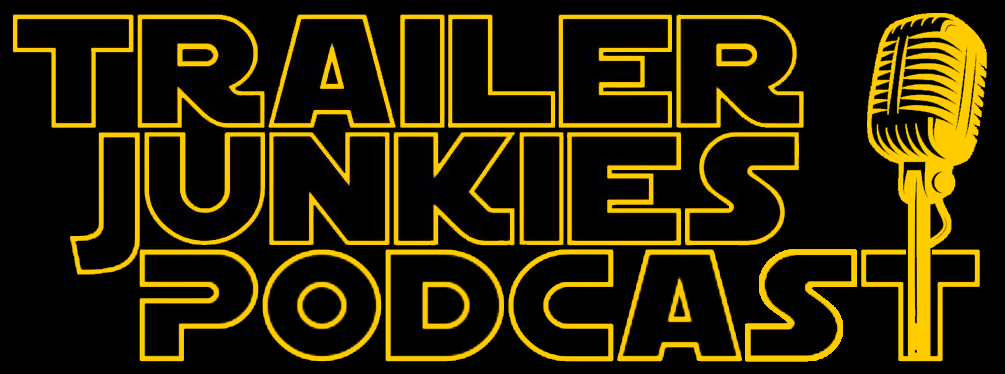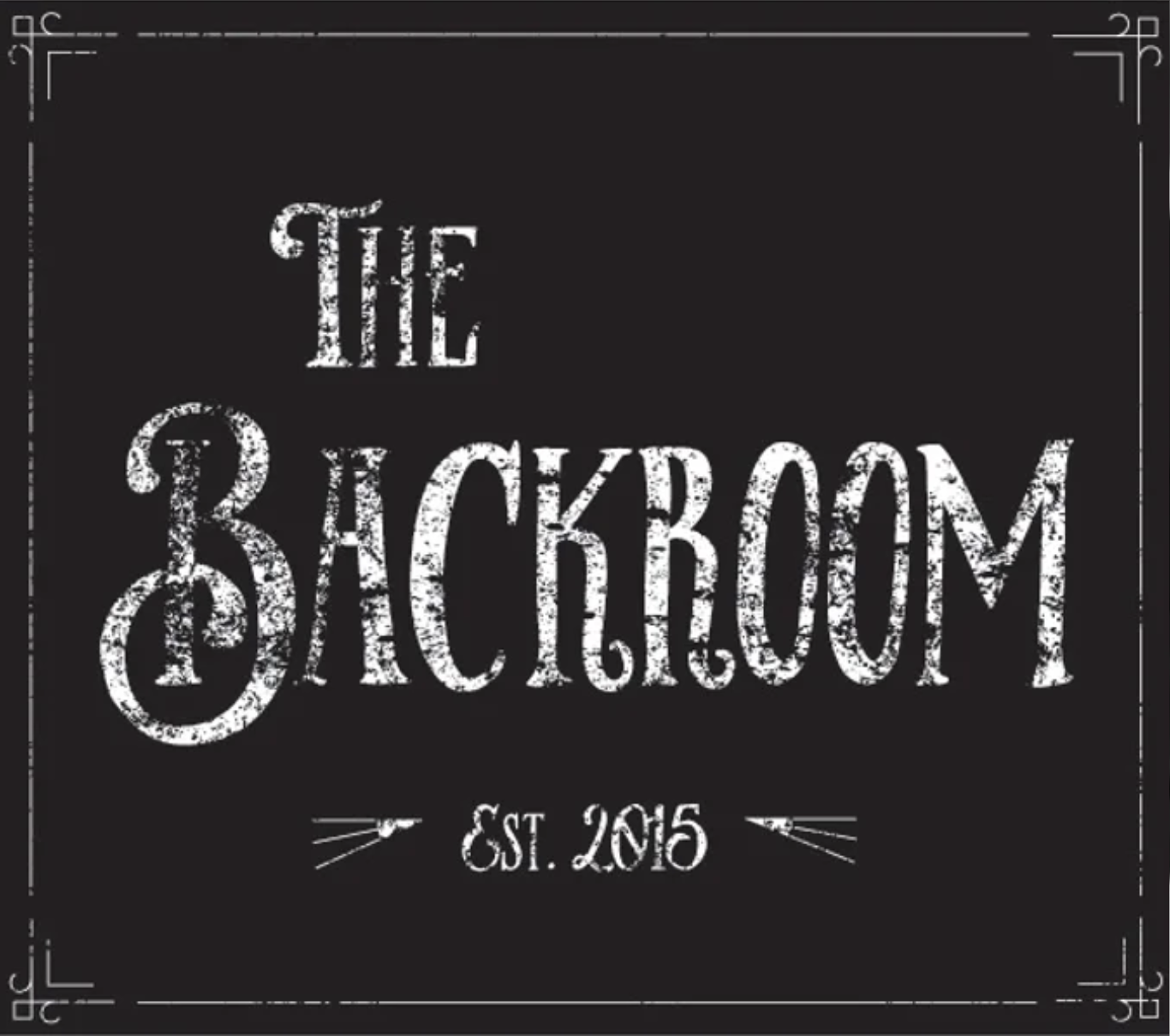Is Listening the Same as Reading
/Every Monday morning while getting ready for work I watch This Week In Tech with Leo Laporte on twit.tv. It’s been a part of my Monday morning routine for a few years now.
Audible.com is one of TWIT’s sponsors and Leo (a.k.a The Tech Guy) often makes the statement during the audible ad that he “reads” more since becoming an audible subscriber. Audible is an audio book distributor, and like many things it got me thinking - Is listening to an audiobook (or podcast) considered reading?
Disclaimer: If you purchase an Audible book you are helping to support this website. We get a small percentage of your purchase and it costs you nothing extra.
I have purchased a few audiobooks from Audible and they were all well done. Audible hires great voice actors to read their books. Some books, such as World War Z, will have dozens of famous actors that read the different characters to help create a more immersive story.
A Brief History of Audio Books
The first audio book was in fact not a book. In 1877 Thomas Edison made the first spoken word recording with his phonograph invention. The “Phonograph books” were one of Edison’s ideas that would speak to blind people. The first words he recorded were "Mary Had a Little Lamb".
A decade later the Royal Institution in England recorded “Hey Diddle Diddle, the Cat and the Fiddle”, which established the beginning of technology’s connection to spoken literature.
Jumping ahead to 1931 the Adult Blind Project, the Library of Congress, and the American Foundation for the Blind started the “Talking Book Program”.
I would also argue that old time radio shows such as Superman, The Lone Ranger, and Dragnet, were broadcast versions of audio books. After all, they were telling stories.
Fast forward to the 1970’s. Vinyl and cassette tapes were inexpensive and brought recorded literature to the masses. You could purchase them, or rent them from your public library and schools.
In 1979 the Sony Walkman gave us listening portability and provided people with another way to get information while doing other things. Now it was easier to carry an audio book with you while cutting the grass, washing the car, or walking the dog.
Around 2005 audio book’s were being recorded in MP3 format, and this started the audio book mania we have today. With MP3 players you could carry an entire library in your pocket and play books on your iPod or computer, and later on your smartphone.
Since 2004 the podcast has an ever growing medium for listening to the spoken word. With all the many podcast aggregators, and websites like Audible, Barnes & Noble, and LibriVox books and the spoken word are available to both readers and non-readers alike, as well as the blind.
Similarities Between Reading and Listening
This brings us to the big question: Is listening to an audio book the same as reading text?
The quick answer is yes, it is reading for no other reason than you are taking in the written word. You are comprehending the thoughts and ideas of an author. The only difference is that you are consuming information through the ears rather than the through the eyes.
The reason I agree with Leo, that listening to a book is reading, is that listening and reading are similar cognitive processes with regard to comprehension. Learning to read begins at birth when we start to process sounds and turn those sounds into language. This process is completed somewhere between the 3rd and 4th grade when the transition takes place from learning to read to reading to learn.
During this transition the cognitive processes of understanding the written word becomes similar to understanding the spoken word. To put it another way, those who can read well also listen well. Comprehension is the same whether listening to information or reading information. It’s all about understanding complex language.
What about Learning Styles?
The difference between reading and listening however, is that auditory processes and visual processes are tied to perceived learning styles. As a school psychologist I can't tell you how many times I've heard parents and teachers tell me about auditory and visual learning styles. Research however, tell us that learning styles are a myth.
Instead, research on learning theory tell us that people have “preferred” methods of learning rather than innate methods of learning. This is an important concept when teaching children to read. Pigeonholing someone into a learning style will cause them to miss concepts that are presented in ways that are more effective with learning outcomes, but less preferred.
I think the learning style myth is espoused from the idea that people have certain innate abilities, also known as aptitudes. Adapting teaching modality to the aptitudes of the learner are known as Aptitude Treatment Interactions, or ATI’s for short. ATI's have little educational value.
The primary reason ATI’s have little educational value is that instructional outcomes don’t always correlate with learning outcomes. For example, when a child with ADHD says that he learns better when listening, or watching TV, what he is telling you is that he does not want to exert the mental energy necessary to sit and read, especially a book without pictures. It’s the old “reading is boring” routine.
When you present struggling readers with the written word through a spoken word medium you will not improve reading performance. Rather, it will feed into their preferred form of learning, which is auditory and will further feed their desire to avoid books.
Regardless of the methods used to teach reading to children, everyone learns to read through five pillars.
The Five Pillars of Reading
- Phonemic Awareness - Notice, think about, and work with the individual sounds in words.
- Phonics - Development of Phonemic Awareness in order to teach the correspondence between these sounds and the spelling patterns that represent them.
- Fluency - The ability to read with speed, accuracy, and with the proper inflection.
- Vocabulary - When fluency becomes automatic you assign meaning to words.
- Comprehension - When the first four reading conditions are met then you are able to understand the information in what is read.
Differences Between Reading and Listening
Reading text requires an active role in learning whereas listening to the spoken word is passive. Passive learning is less effective when measuring learning outcomes. Therefore, retention capabilities when reading text are greater with active learning when compared to passive learning.
When listening to audiobooks - or podcasts, music, and TV shows for that matter - you are often doing other things. And while you are doing other things your brain will shift its focus to the task in front of you instead of the spoken word.
We call this selective attention - we cannot consciously attend to all of our sensory input at the same time. The end result is that you focus your attention away from the audiobook and refocus back again, which causes you to miss some of the information.
Think of it like this. You are driving the hour commute home from work while listening to an audio book. What happens next? You can’t remember the last ten miles of the drive and wonder how in the world you made it to where you are in one piece - or the opposite - You are focused on the crazy driver in front of you and miss an entire chapter of the book.
No One Can Multitask Effectively
You may think you are great at multitasking, and you may be when compared with others who multitask. However, you will perform much better when you focus on a single task instead.
Research shows that multitasking lowers a person’s IQ by 10 points. It also lowers productivity by 40%, and inhibits the ability to think creatively, make effective decisions, and it negatively impacts memory.
And right there is the underlying problem with audio books. While listening to an audiobook you are probably doing multiple things at once. Your attention is divided and when listening you are losing much of the information presented orally to you.
When you read text without any other distractions you are actively participating in the process of reading by using the five pillars outlined above.
Yes, reading printed books and audiobooks are both considered reading. But I argue that if you take a serious interest in the material, you want to engage yourself in the story, and you want to retain as much of the information as possible then you are better off reading the printed word. So visit our show notes
On the other hand, if you just want background entertainment while driving, or working around the house then listening to spoken word, such as Trailer Junkies Podcast, is a great way to pass the time.
Sorry for the gratutious plug there at the end.

















